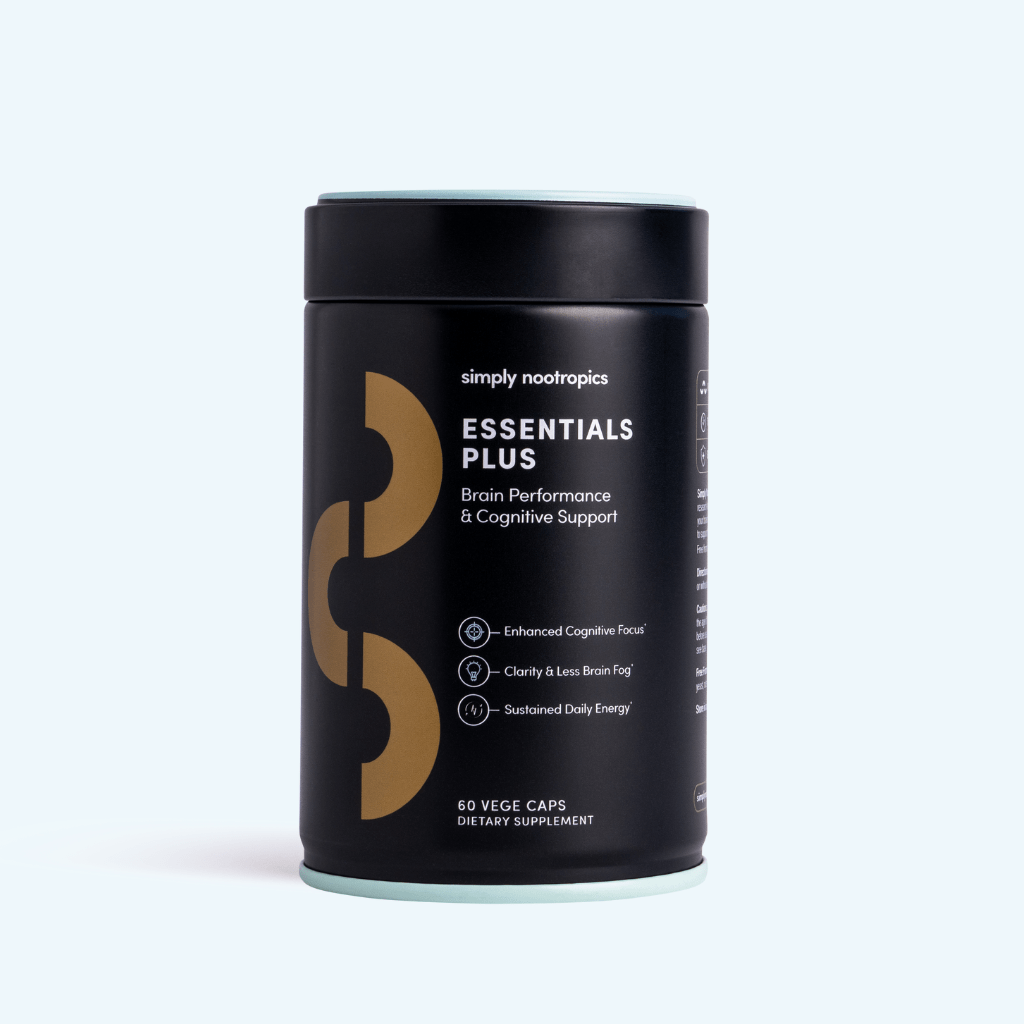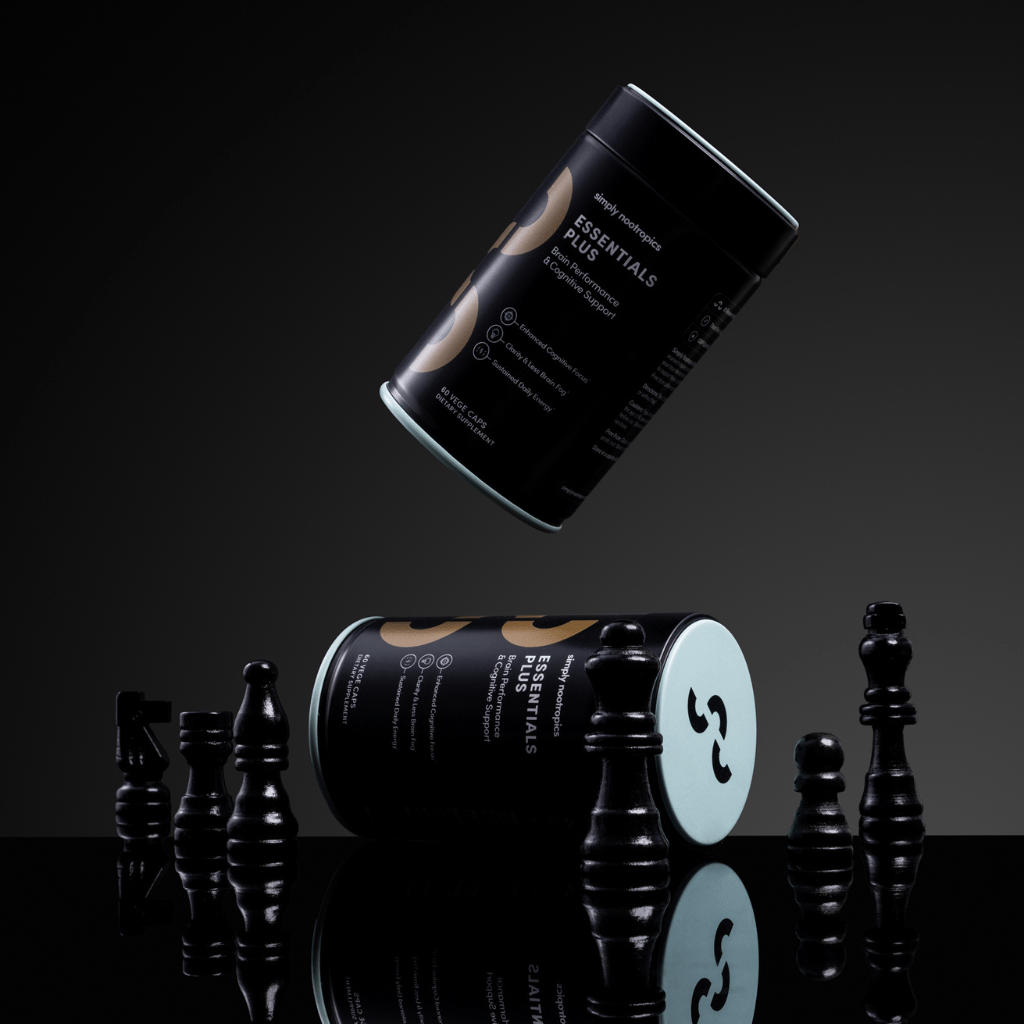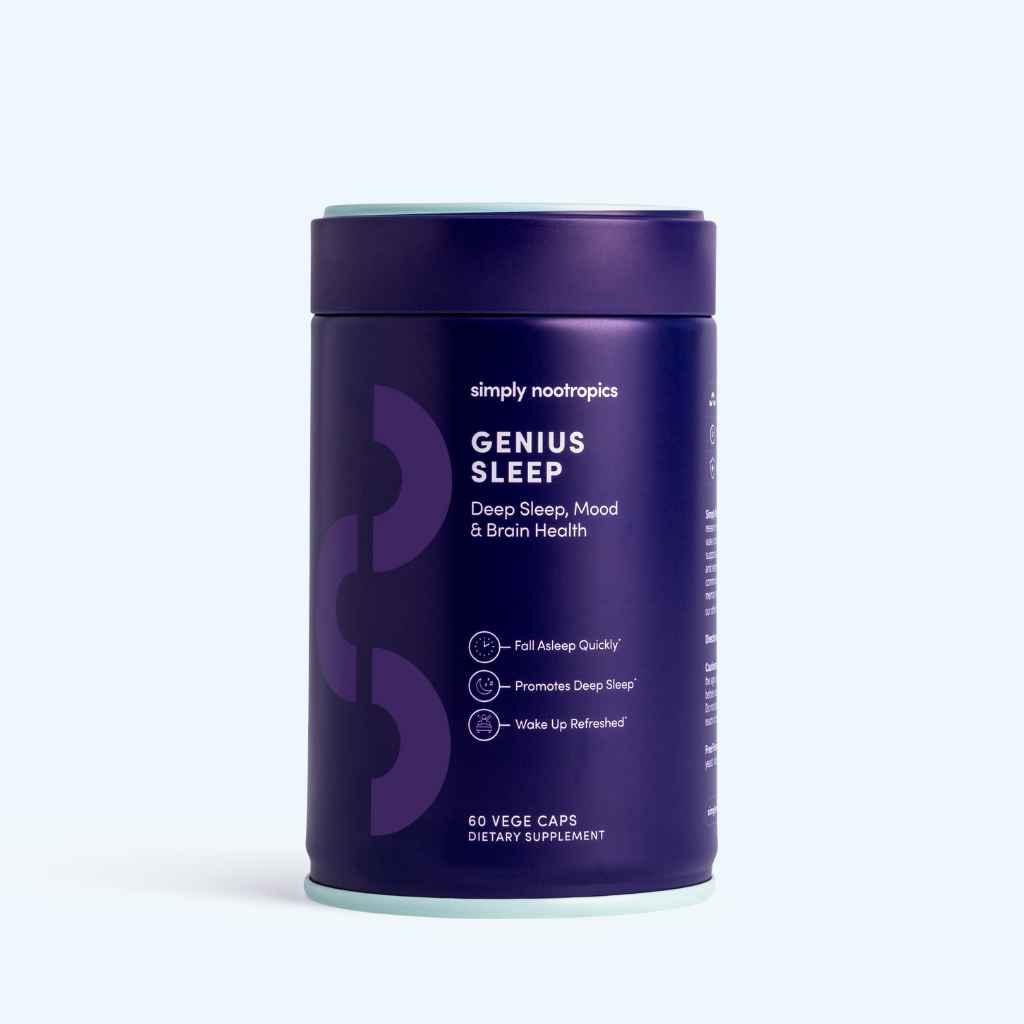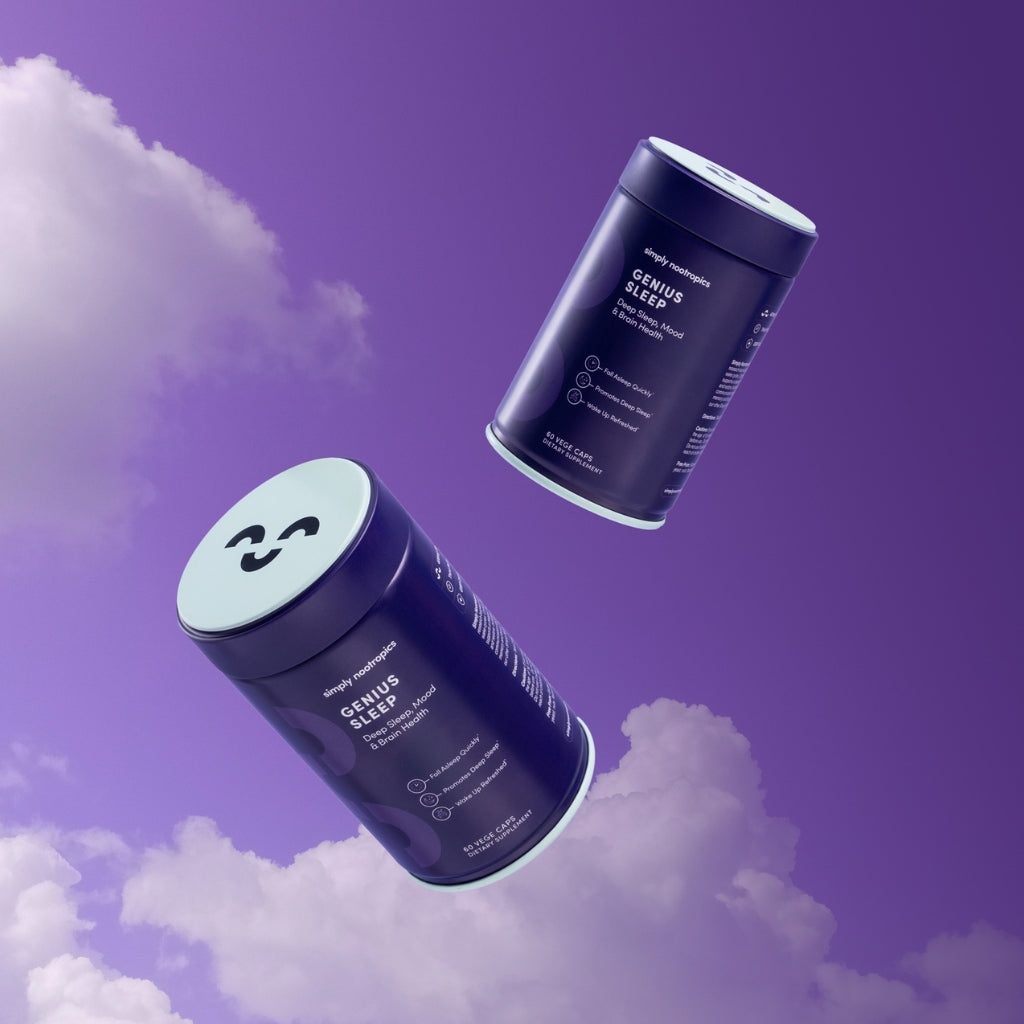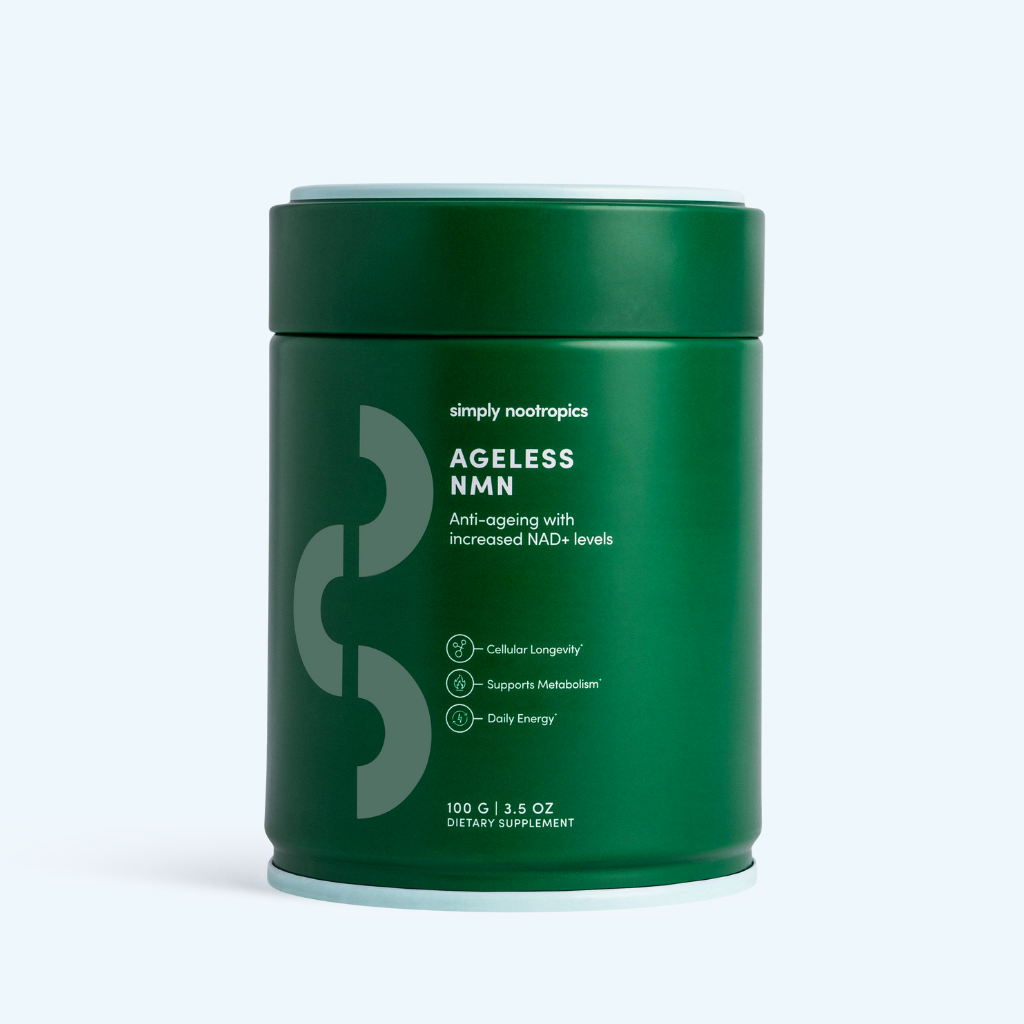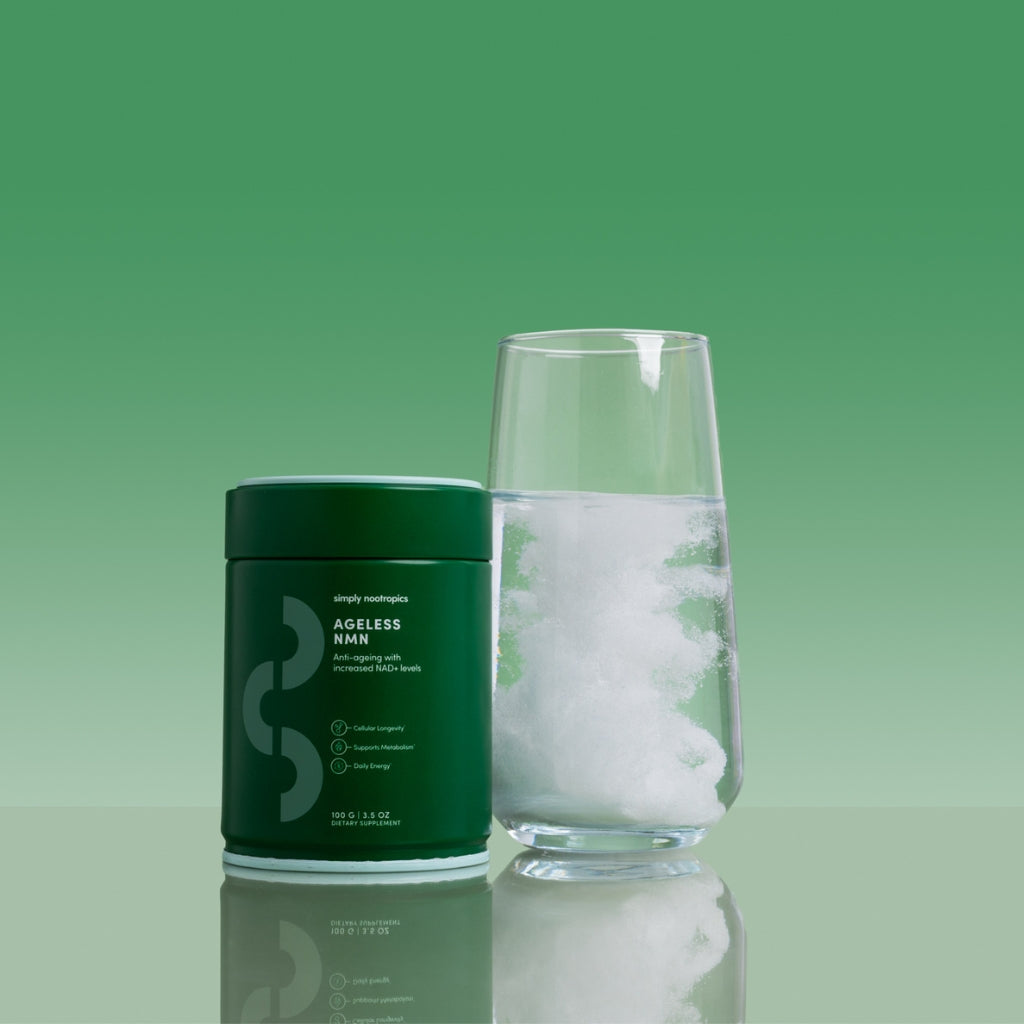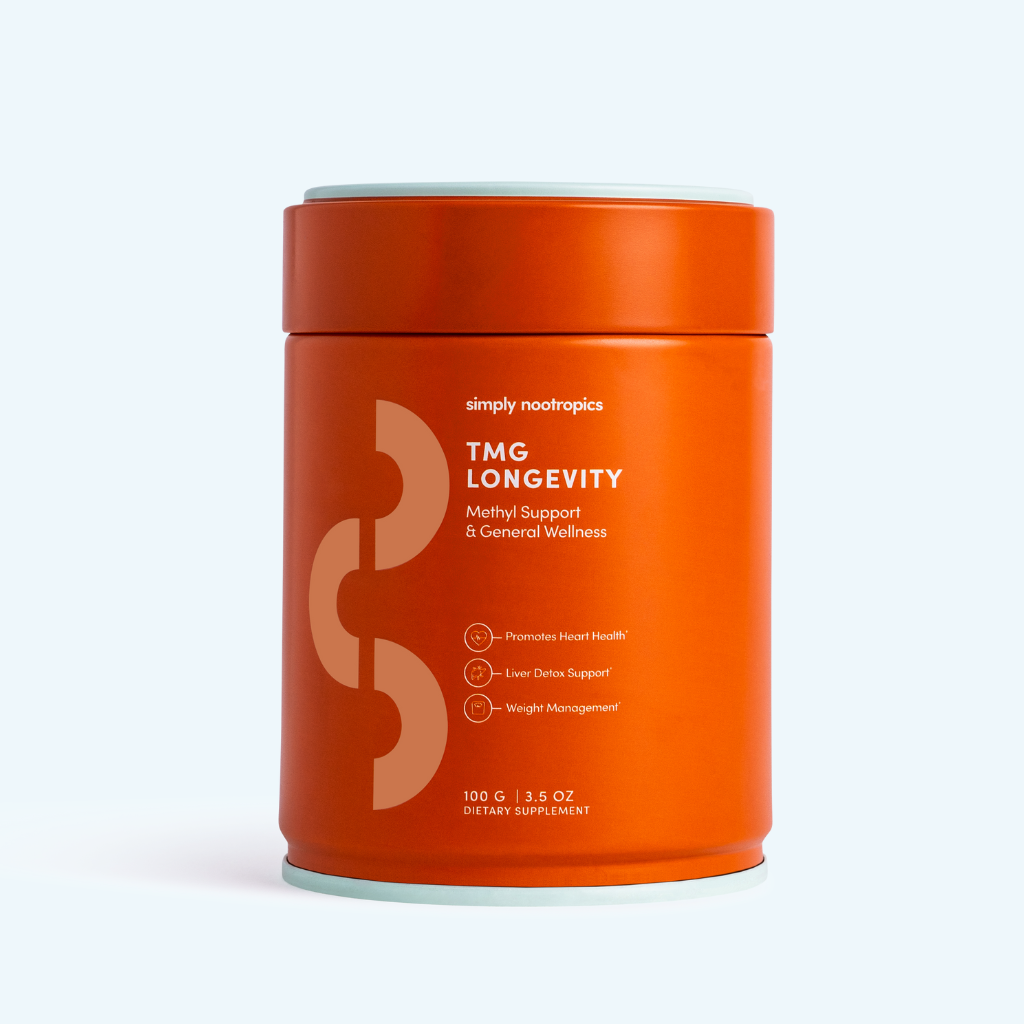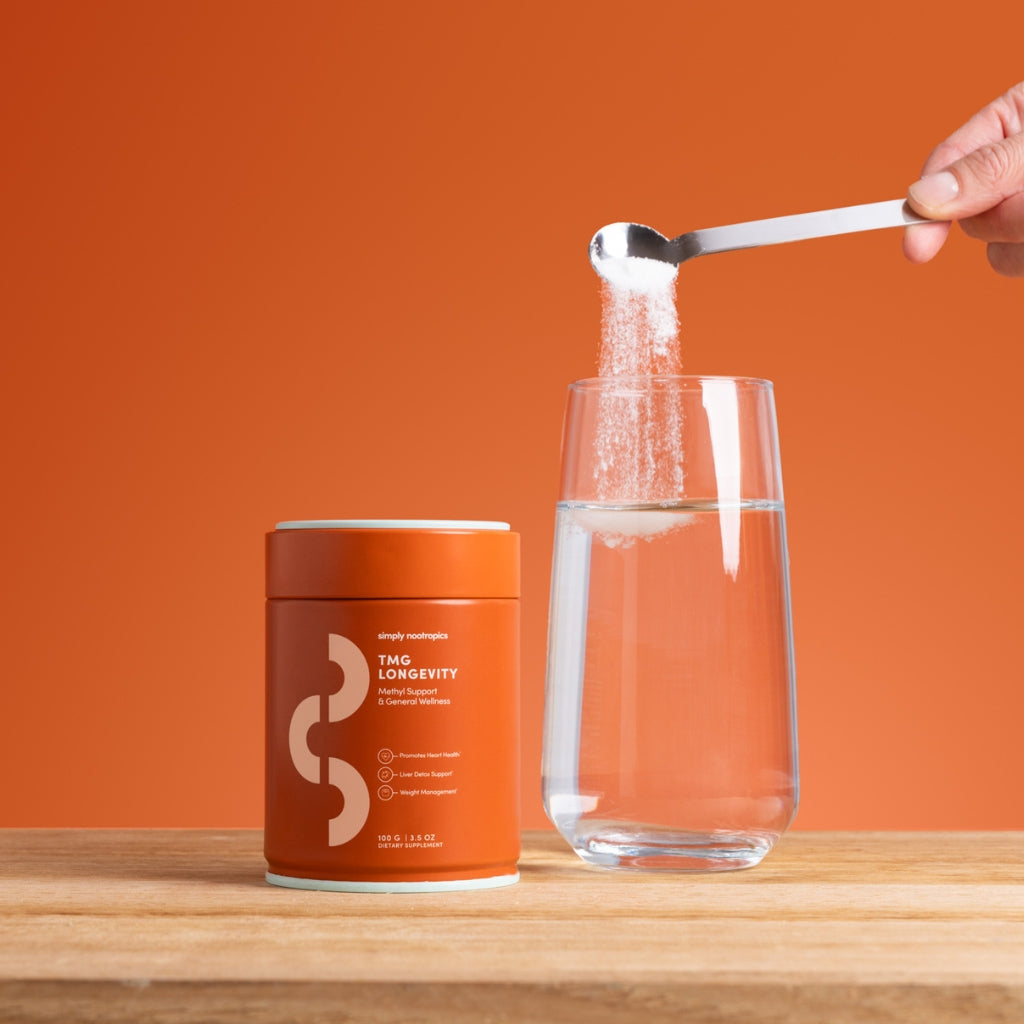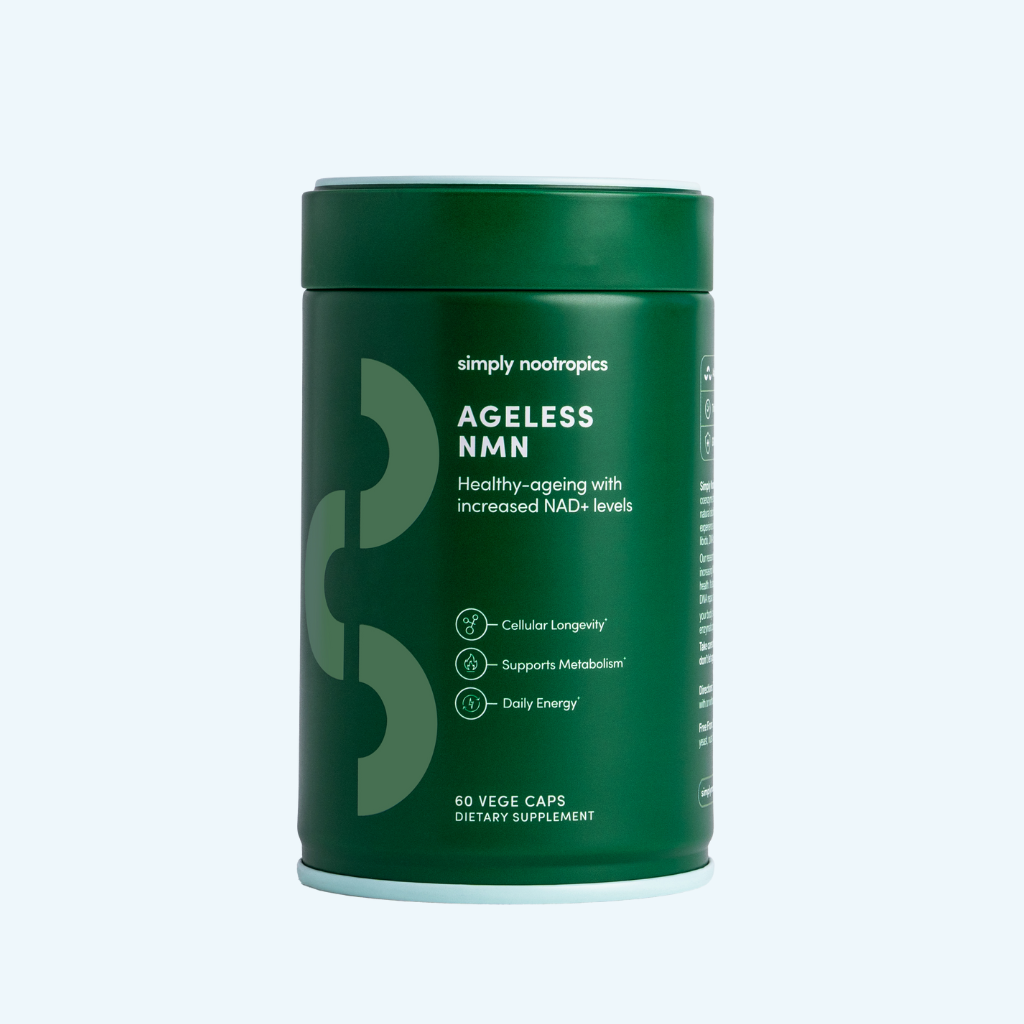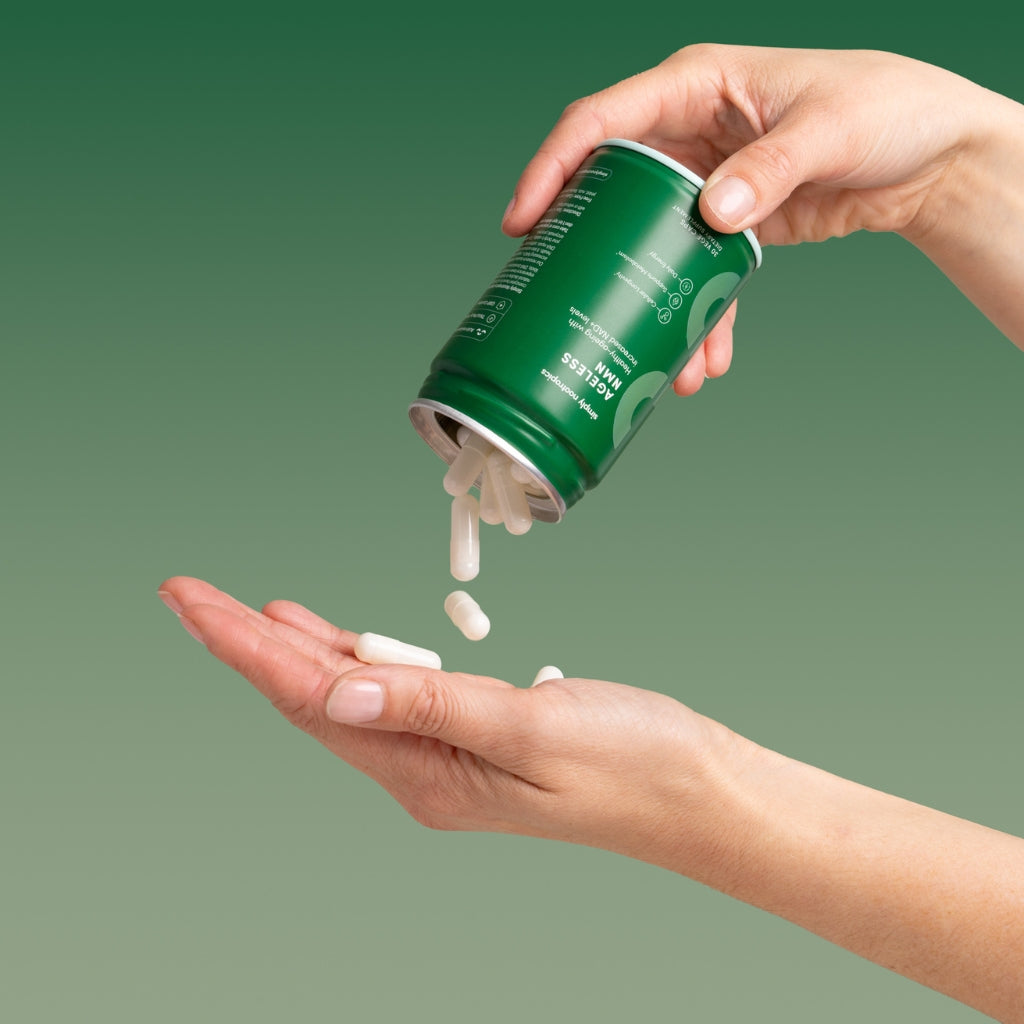Most people are familiar with collagen’s role in keeping skin firm, but fewer realise how important elastin is for skin’s flexibility and resilience. While collagen gives skin its structure, elastin allows it to stretch and return to shape. Understanding how both proteins function, and how to support them over time, is key to maintaining skin strength and bounce as you age.
What Is Elastin, Exactly?
Elastin is a structural protein that gives skin and other tissues their elasticity, meaning their ability to stretch and return to shape. It’s highly concentrated in areas that require flexibility: your arteries, lungs, ligaments, and skin. Think of it like a high-performance rubber band.
What makes elastin different is that it’s built early in life, mainly during foetal development and childhood. After puberty, your body produces almost no new elastin. This means that by the time you hit adulthood, you’re largely working with a fixed supply. Once it degrades, the body has very little capacity to replenish it.
Collagen vs Elastin: The Science of Structure
Collagen and elastin are often talked about in the same breath, but they perform very different roles in your skin and connective tissues.
-
Collagen is about firmness and structure. The best collagen forms dense, rope-like fibres that support the skin’s shape and thickness. It makes up about 75% of your skin’s dry weight.
-
Elastin is about stretch and flexibility. Its springy fibres allow tissues to recoil after being stretched. It accounts for less than 5% of the skin’s proteins, but has a massive impact on its feel and appearance.
While top collagen declines gradually with age, dropping by about 1% each year from your mid-20s, elastin loss is faster, more dramatic, and harder to fix. That’s why signs like sagging, creping, and loss of bounce show up even in your 30s and 40s.
What Accelerates Elastin Breakdown?
Elastin fibres are delicate, and unfortunately, they’re damaged by the same stressors that impact collagen, plus a few more:
-
Sun exposure (UV radiation): The number one cause of elastin fibre damage. UV breaks down elastin at a much higher rate than collagen.
-
Smoking: Increases enzymes that degrade both elastin and collagen, leading to deeper lines and drooping skin.
-
Chronic inflammation: Triggers MMPs (matrix metalloproteinases) that break down structural proteins.
-
High sugar intake: Promotes glycation, which stiffens and damages both elastin and collagen fibres.
-
Stress + cortisol: Can slow fibroblast activity and impair tissue repair.
Elastin also becomes less organised with age, losing its natural tight coil structure. Once it’s disorganised, skin becomes slacker and thinner, particularly in areas like the jawline, neck, and under-eyes.
Can You Rebuild Elastin?
This is where the science gets frustrating: no known supplement, skincare product, or treatment can truly regenerate elastin at scale. The cells that make it, fibroblasts, largely stop doing so in adulthood.
That said, you can protect what you have and stimulate the surrounding matrix. Here’s what helps:
-
Topical retinoids
Retinoids, such as retinol and tretinoin, are among the most studied skincare ingredients for skin ageing. They don’t directly rebuild elastin, but they stimulate fibroblasts, the cells responsible for producing key structural proteins like collagen. By keeping fibroblasts active, retinoids help maintain the integrity of the dermal matrix. Over time, this may lead to improved skin thickness and texture, and may help slow the breakdown of elastin. -
Antioxidants like vitamin C and zinc
Oxidative stress, caused by factors like UV exposure, pollution, and metabolic byproducts, can trigger enzymes that actively degrade elastin fibres. Antioxidants such as vitamin C and zinc help neutralise free radicals, reducing the rate of elastin breakdown. Vitamin C also supports collagen production and helps regenerate other antioxidants in the skin. Zinc, in addition to its antioxidant role, contributes to wound healing and skin barrier integrity. -
Sunscreen
Daily sun protection is the most effective intervention for protecting elastin. Ultraviolet (UV) rays from the sun penetrate deep into the dermis and activate enzymes called matrix metalloproteinases (MMPs), which break down both collagen and elastin. A broad-spectrum sunscreen with at least SPF 30, applied every day (even when it’s cloudy), helps protect the skin’s foundational proteins and prevents long-term structural decline. -
Gentle skincare practices
Overuse of exfoliants, foaming cleansers, and scrubs can damage the skin barrier and lead to chronic low-grade inflammation, both of which contribute to faster breakdown of structural proteins. Opting for a non-disruptive routine with mild cleansers, minimal fragrance, and restorative ingredients like ceramides can help maintain skin homeostasis. When the skin barrier is intact, it’s better able to defend against environmental stressors that accelerate ageing.
And while elastin itself can’t be taken as a supplement (your body wouldn’t rebuild it in that form), the environment that keeps skin firm, hydrated, and strong can be supported through key nutrients, including collagen peptides.
How Collagen Supplements Support the Whole Matrix
Hydrolysed collagen peptides can’t replace elastin, but they can help in important ways:
-
Stimulate fibroblasts: These are the same cells that make both collagen and elastin. When fibroblasts are activated by collagen peptides, they’re more likely to keep producing supportive proteins and extracellular matrix components.
-
Hydrate and thicken skin: The best collagen reduces the visible effects of elastin decline, especially sagging and fine lines.
-
Improve dermal density: A stronger dermal base helps support overlying elastin fibres and reduce mechanical stress.
In other words, while we can’t directly “bring back elastin,” collagen supplementation is a powerful indirect strategy for preserving your skin’s resilience and bounce.
Why This Matters Before You See Wrinkles
Elastin loss doesn’t always show up first as deep wrinkles. In fact, one of the earliest signs is texture change: skin that suddenly feels thinner, papery, or less “snappy” to the touch. You might notice it around your neck or under your eyes first, where the skin is naturally more delicate and prone to stretching. These shifts are subtle, but they signal deeper changes in the extracellular matrix that will become more visible over time.
The earlier you support the structure beneath the skin, the better the long-term outcome. A daily ritual that includes targeted nutrients is one of the simplest ways to invest in your future skin.
Why Vital Beauty Is More Than a Collagen Supplement
Simply Nootropics Vital Beauty Collagen Peptides is designed to support not only collagen synthesis but the entire skin matrix, including the conditions that protect elastin.
Each serve delivers:
-
Hydrolysed Collagen Peptides: Easily absorbed and clinically shown to improve skin elasticity, hydration, and dermal density.
-
Vitamin C: Essential cofactor for collagen formation and antioxidant defence that protects elastin fibres from oxidative stress.
-
Vitamin E: Supports skin repair, reduces inflammation, and helps stabilise cell membranes.
-
No fillers: Just the good stuff, delivered in a way your body can use daily.
If you're dealing with dull skin, dryness, or noticing the first signs of laxity, Vital Beauty supports your skin’s structure from the inside out, helping you build resilience, not just radiance.



